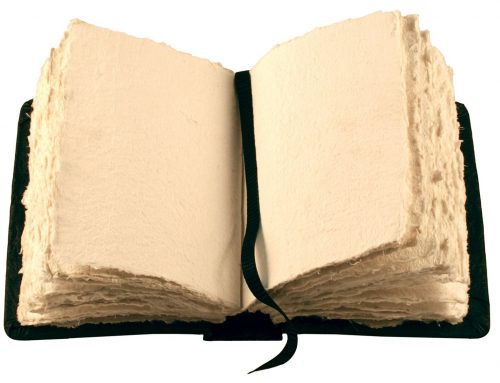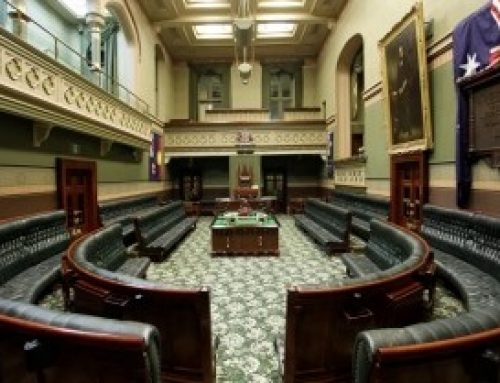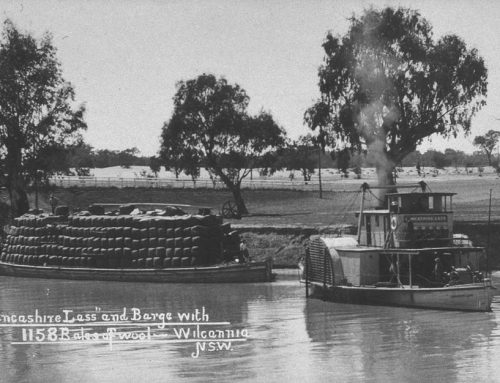About Novel Writing Retreats Australia, by Steve Rossiter
Thank you to Nicole for having me here on her site. Some of you may know me, or at least know of me, as the person behind The Australian Literature Review (www.auslit.net), Writing Novels in Australia (www.writingnovelsinaustralia.com), Writing Historical Novels (www.writinghistoricalnovels.com) and Writing Teen Novels (www.writingteennovels.com).
What Id like discuss here is my latest and most ambitious endeavour, Novel Writing Retreats Australia (www.novelwritingretreatsaustralia.com) and a bit about why they are designed the way they are.
The first Novel Writing Retreats Australia retreat begins on February 1, 2014. Each retreat has an established novelist attached. Nicole is attached to a retreat March 1-9.
Each retreat is made up of a flexible opening weekend, a more structured Mon-Fri and flexible closing weekend.
Ive personally been interested in storytelling, whether for the page, screen or stage, for quite a few years. However, Ive found that very few people or organisations globally do a good job of helping writers learn how to write original and compelling novels.
I want to see more Australian (and international) writers develop the skills and professional networks to make a full-time living from their novel writing and to become world class novelists. These retreats are my way of helping that happen.
Some of the more elusive aspects provided by Novel Writing Retreats Australia retreats include:
A distraction-free environment with fellow novel writers, where writers can focus on becoming better at writing their novel-in-progress in their own way
The lives of most people who write novels, especially those yet to establish themselves and make a full-time living from their writing, tend to be filled with distractions. From being active on social media sites, to blogging, to doing interviews, to trying to figure out what agents and publishers want, to working a day job, to looking after children, and so on, writers are often working longer than someone in a full-time job for much less financial return, many writers can relate to this lifestyle, managing their workload by being in constant caffeine haze to keep going. Then theres the actual writing and the rewriting and the editing and writing book proposals.
Ive found, as a student and as an organiser of writing classes, that a weekly class of up to a few hours is fraught with problems. People often turn up tired, dont make progress on their writing project and on practising their writing skills between classes, dont turn up because they havent written anything new in the week between classes, have a clash of schedule which results in them only turning up on alternating weeks, and so on, making it hard to help everyone build a proper skill-set and have people with even a basic shared knowledge-base to discuss things with.
A Novel Writing Retreats Australia retreat is a chance for such writers to take a step back from that and to discover better ways of doing things, while doing things their own way.
Unlike a university subject, there are no grades and therefore no-one for writers to please so they dont mark them down. University subjects often have a focus on testing peoples ability to manipulate largely pre-set material according to pre-set criteria, whereas the retreats have an emphasis on helping each writer to better write the kind of story they want to write.
An intensive experience long enough for writers to get meaningful feedback on their novel-in-progress
Many writing retreats are only two days or five days long, which is not much time to properly get to know a writer, their story and their writing style, in order to provide meaningful guidance.
A 9 day/8 night retreat provides sufficient time for me as the retreat facilitator and for the established novelist attached to the retreat to become familiar with each writer, their story and their writing style, in order to provide meaningful guidance that goes far beyond delivering the kind of general advice given out again and again to writers, that they could just read in a book or that theyve already read in book after book. Rather than building up a set of principles about how to hypothetically write a novel, the retreats are aimed at getting to know each writer and their story, and helping each to write their novel-in-progress.
A supportive environment where writers can learn, bounce ideas off other novel writers and make significant progress on their novel, which is structured enough to help each writer make strong progress but flexible enough for each writer to write their own story in their own way
Many writing retreats are basically just accommodation with other writers, and they are often writers who write in very different forms, such as a novel writer, a poetry writer, a picture book writer and non-fiction writer at the same retreat, making it difficult to have a sophisticated group discussion on the finer points of novel writing, let alone dozens of them over the course of a retreat.
Novel Writing Retreats Australia specialises in novel writing, making it much more likely that people will engage in such conversations in their free time. Detailed conversations about novel writing are also built in to the design of the retreat. The daily schedule for the Mon-Fri period in the middle of the retreat is as follows:
Before 10am:
Free time and breakfast
10am-1pm (3 hour structured session):
20-30 min lesson/discussion on a novel writing topic, delivered by me with participation form the established novelist
20-30 min small group planning/consultation session, where the six writers attending the retreat can plan the novel scene/s they are about to write, on paper or on whiteboards, while the established novelist and me circulate among the six writers to discuss each writers scene/s and provide guidance
90 min writing session, where each writer writes at their desk in their own room (or in a nice spot outdoors, or on the balcony or patio running the length of the main building), with the benefit of the lesson/discussion and the planning/consultation session to provide inspiration and direction for their writing session
20-30 min discussion/feedback session, where the writers discuss what they came up with in the writing session, what seemed to work well, what challenges were faced, and so on, and to receive feedback about their writing, with me guiding the discussion and the established novelist participating
1pm-2pm:
Lunch
2pm-5pm (3 hour structured session):
This is the same as the morning session, but started off with a different lesson/discussion and with each writer turning their focus to different scenes.
5pm-6pm:
Dinner
After 6pm:
Free time and supper
The daily schedule for the Mon-Fri in the middle of the retreat assists each writer to get at least 10 scenes of their novel written (assuming a focus on a single scene in the morning session and another in the afternoon session, with none in the opening and closing weekends), but most writers will probably get 20-30 or more scenes written (assuming a focus on 2-3 scenes in the morning session and 2-3 in the afternoon session, and writers are encouraged to use the Saturday of the closing weekend productively).
Based on an average of 500 words per scene, most writers will probably get at least 10,000-15,000 words of well-considered scenes written and discussed with other novel writers, while also having plenty of time for socialising and relaxing.
Doing a retreat helps people break old habits, build good habits and to quickly see some results, learn better ways of writing stories their own way, make friends and professional contacts, and learn more about the publishing industry and how different writers approach different aspects of novel writing.
Following a retreat, writers also gain entry to an alumni group made up of writers who have attended a retreat and established novelists who have been attached to a retreat, to stay in touch and keep learning from one another, providing a multi-national support network.
The retreat property is also just a few kilometres from where I grew up as a child, providing the opportunity for me to help out some local writers in Tasmania who haven’t had anything like this in their local area before and to help boost Tasmania’s place on the map for the publishing industry.






Leave A Comment